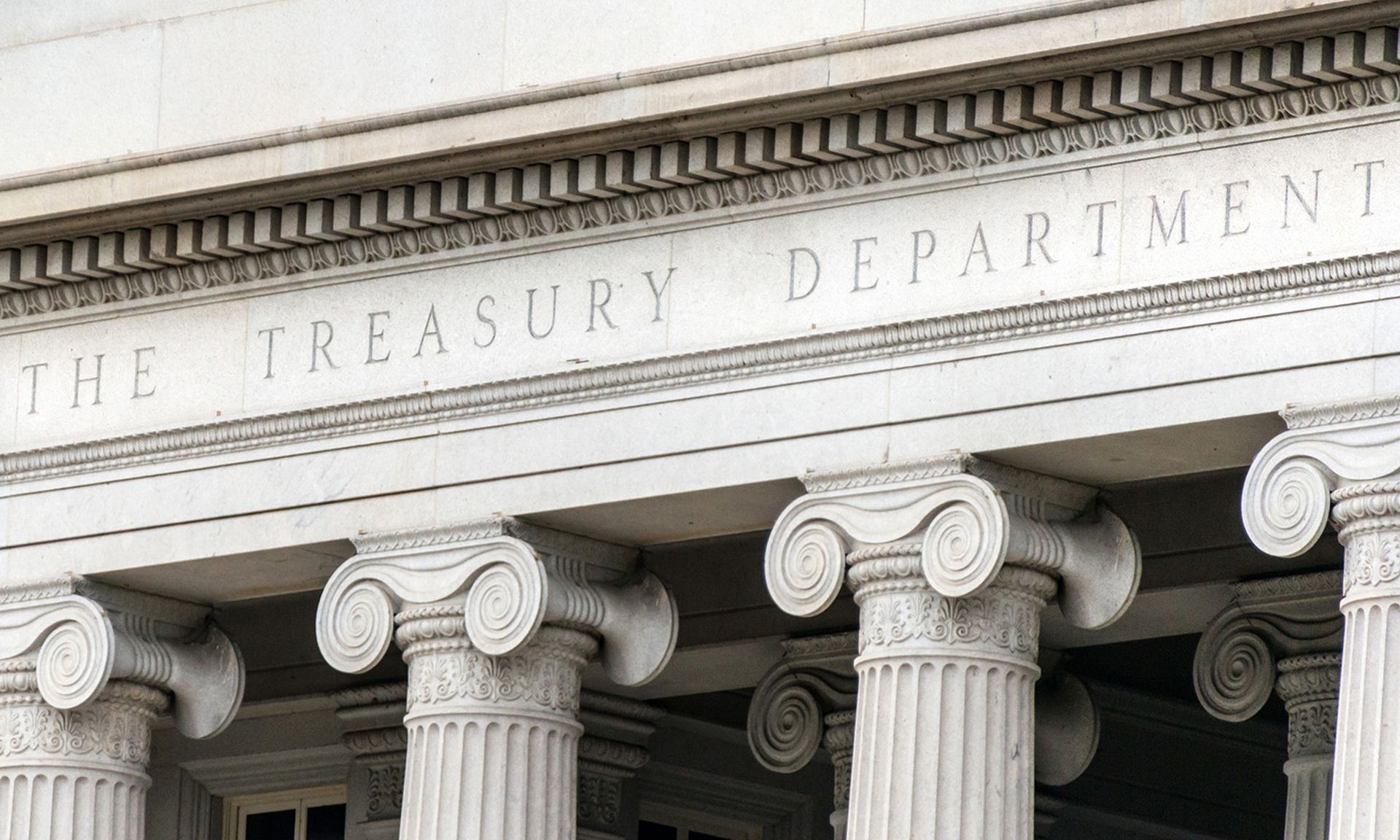On the heels of the Treasury's recent sanctioning of the Suex cryptocurrency exchange for abetting ransomware criminals, a top representative told the Senate Tuesday that the department was eyeing more "exchanges and mixers for doing the same."
Suex remains the first and only cryptocurrency exchange sanctioned by the United States. According to Chainalysis, which tracks cryptocurrency transfers during crimes, $160 million of the $480 million in bitcoin received by the exchange over its lifetime came from illicit and high-risk sources — including $13 million directly from ransomware groups. Cryptocurrency exchanges largely operate as legitimate businesses. A 30-nation agreement of principles to fight ransomware which the U.S. negotiated last week identified consistent enforcement against exchanges globally as a key feature in stemming cybercrime. "Uneven enforcement," it reasoned, would create "an environment permissive to jurisdictional arbitrage."
At a Senate Banking, Housing and Urban Affairs Committee hearing, Deputy Secretary of the Treasury Wally Adeyemo told lawmakers that Suex was just the beginning.
"As you know we recently sanctioned a crypto exchange that predominantly facilitated ransomware attacks. We're also looking at other exchanges and other mixers that are doing the same in order to hold them accountable and working with our international counterparts to do so as well," he said.
Adding mixers extends the focus from exchanges to mixers, which are often grey-market services. Mixers — as the name suggests — anonymize cryptocurrency by accepting deposits from multiple sources, mixing them together, and redepositing them into new, clean accounts. While many of the new accounts are connected to crimes, it becomes impossible to trace which accounts are guilty of which crimes.
Treasury has taken action against cryptocurrency mixers, also called tumblers, before, though not in the form of sanctions. FinCEN fined one operator of mixers $60 million in October 2020.




